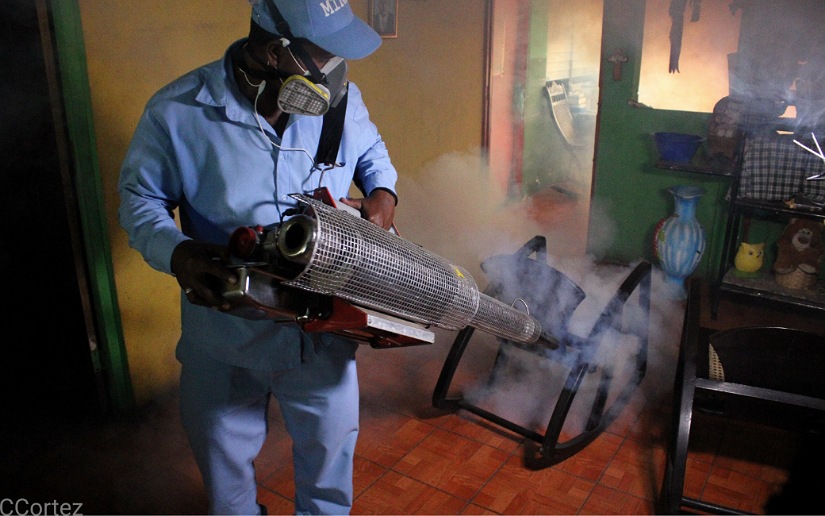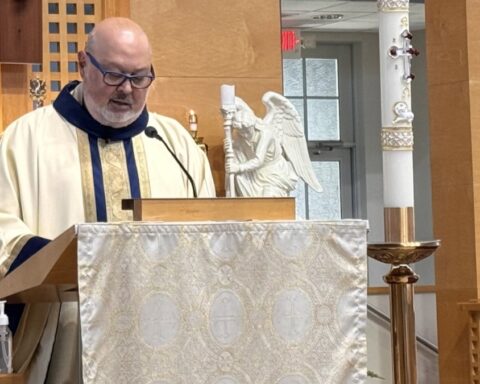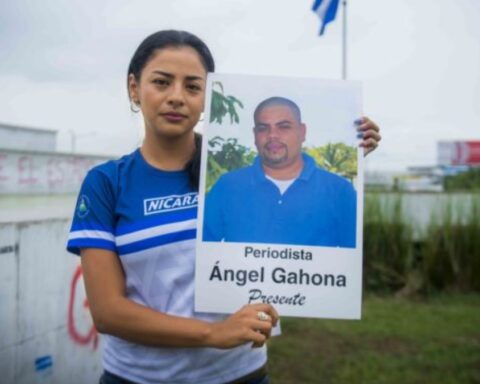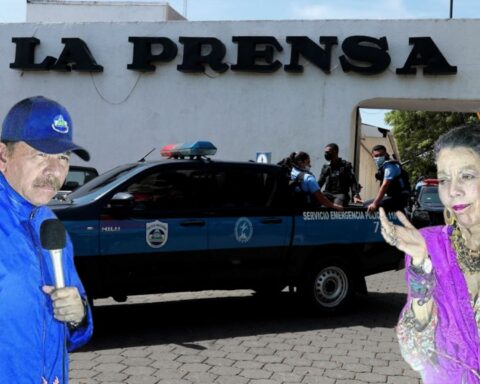Dozens of people are hospitalized for dengue, as a consequence of the clouds of mosquitoes that proliferate in the different neighborhoods of Nicaragua.
The regime’s Ministry of Health (Minsa) says in its epidemiological bulletins that until September 4 of this year they had 47,432 suspected cases, almost 30 percent more than the 36,626 registered in all of 2021.
From electronic rackets, smokers with eucalyptus and rosemary leaves, anti-mosquito spirals, repellents, to burning egg cartons, they are part of the “weapons” that are being used in Nicaraguan homes to scare away the mosquitoes that transmit dengue.
Related news: MINSA: 14 people died from dengue in Nicaragua
Epidemiologist Leonel Argüello Yrigoyen explains that citizens must be alert to the symptoms of this disease, which can be fatal.
Likewise, it details that the sudden appearance of very high fever, vomiting, severe headache, usually in the back of the eyes, if the muscles and joints become painful areas, there is development of skin rashes, fatigue, and slight bleeding through the nose, the diagnosis is certain.
Symptoms like those of COVID-19
The specialist also points out that the symptoms of dengue are similar to COVID-19, because the latter can cause similar discomfort, except for pain behind the eyes and light bleeding.
The World Health Organization (WHO) details that dengue is a viral infection transmitted to humans by the bite of infected mosquitoes.
The main vectors of the disease are Aedes aegypti mosquitoes and, to a lesser extent, Ae albopictus. These mosquitoes are also vectors of chikungunya, yellow fever, and Zika viruses.
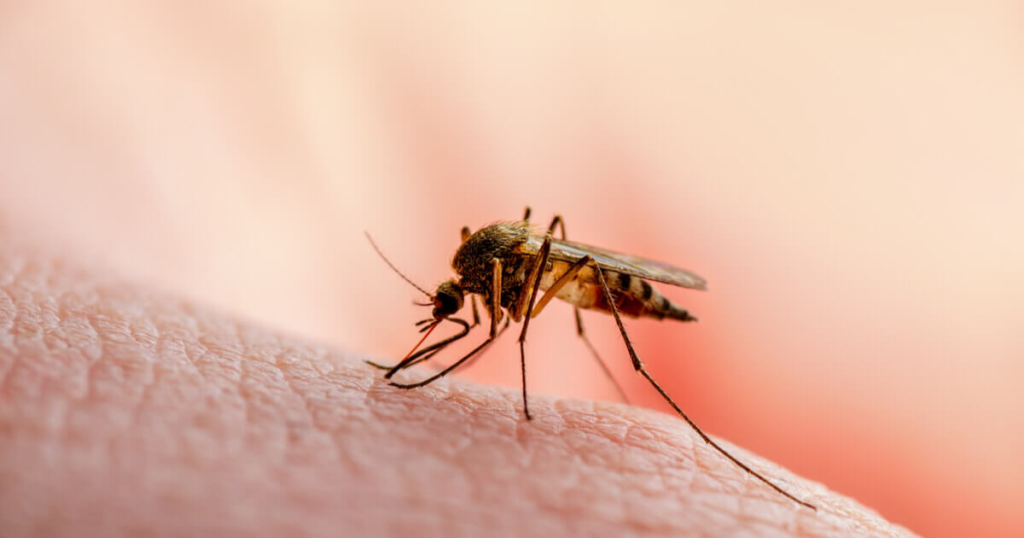
“The incidence of dengue in the world has increased enormously, and currently about half of the world’s population is at risk of contracting it. It is estimated that there are between 100 and 400 million infections each year, although more than 80% of them are generally mild and asymptomatic,” the WHO quotes on its website.
Let’s avoid the proliferation of hatcheries
Argüello Yrigoyen states that dengue occurs throughout the year, since it depends on the existing clean water hatcheries for the female to lay her eggs and on the existence of a sick person with the virus so that when they bite it, they can then transmit it to another healthy individual.
“In winter, as there is more water, breeding sites and a number of mosquitoes proliferate, which is why there are always more cases in said rainy season,” he explains.
Related news: Masaya schools plagued by dengue and the MINSA refuses to fumigate
The specialist shares some preventive tools against dengue. Remember that the mosquito needs clean water breeding grounds. “In this sense, we must avoid garbage and any container that can contain or store this liquid and change the water in vases or other containers every 5 days. We must keep the tanks where we store water covered. A soda lid, a wrinkled bag, or a hole in the tree are some examples of potential breeding grounds for mosquitoes”, he mentions.
He advises that every week, with a plastic bristle brush, especially at the water level, about 3 centimeters above and below, you have to brush the container. He recommends keeping the bush close to home, low and clean.

“Invite your sons and daughters to have fun doing vector control, so that they learn to identify it in its different phases of development and how to control it. This is how we are creating a culture of preventive health ”, she adds.
The specialist argues that the mosquito becomes an adult in a week, lives for a month and lays up to 1,000 eggs, which can remain fertile for up to 13 months and flies 100 meters around. “Its lowest population is during the summer because it rains less, therefore, the greatest anti-vector fight is at that time and it must be permanent, it’s like pressing a spring, if you let go, it will multiply quickly and exponentially again,” he says.
treatment from home
“Dengue can be managed from home, treating according to the discomfort and not using aspirin to avoid facilitating bleeding, the only thing is that they must be aware of the warning signs, stomach pain, bleeding gums, worsening of their disease, disorientation ”, adds Argüello, who clarifies that there is no specific treatment for dengue. Dengue is a disease that attacks children and adults and can last in the body for no more than 15 days.
Rainy time, dangerous time
The Nicaraguan epidemiologist Álvaro Ramírez agrees with Argüello with the care that the population must have to avoid the proliferation of mosquito breeding sites.
He clarifies that there are four types of virus, but it is the fourth number, the virus that can cause the famous dengue hemorrhagic fever, with evidence of bleeding in the body and that can be general bleeding, which requires hospitalization.
“This is important right now with the rain because water dumps accumulate, water storage sites accumulate, especially in those places where the water supply is limited,” he explains.
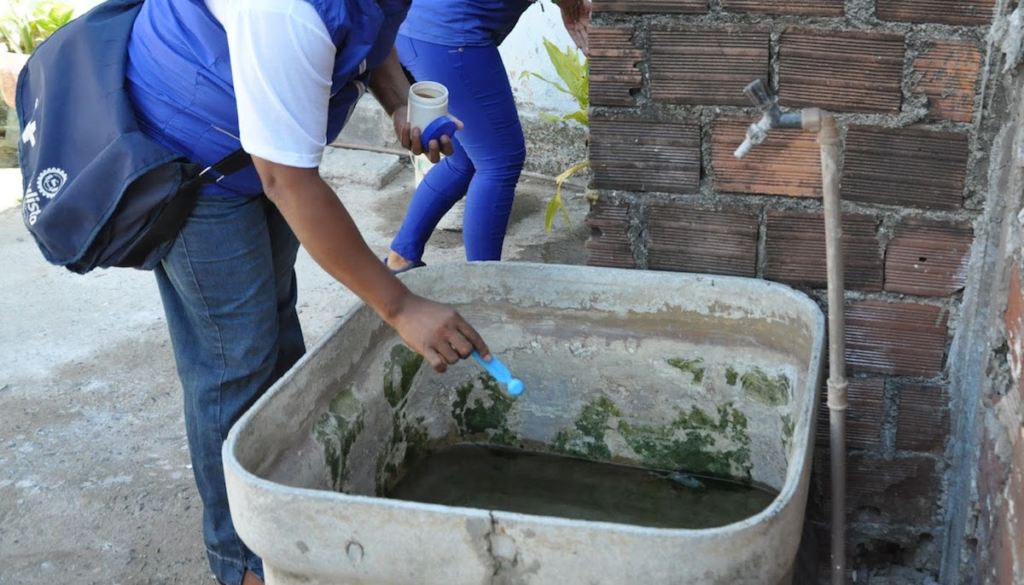
Ramírez urged all citizens to do their part to eliminate mosquito breeding sites and put the ‘BTI’, which is the ingredient provided by the health authorities to kill mosquito breeding sites in clean waters.
Finally, he warns that if someone has had a fever and begins to have evidence of body pain and bleeding, they should go to the doctor to detect if it is dengue.
In addition, it calls on the population to eliminate all mosquito breeding sites, all tire, bottle and flowerpot sites where water accumulates, which serves as the appropriate area for mosquito reproduction.
By: United Voices

